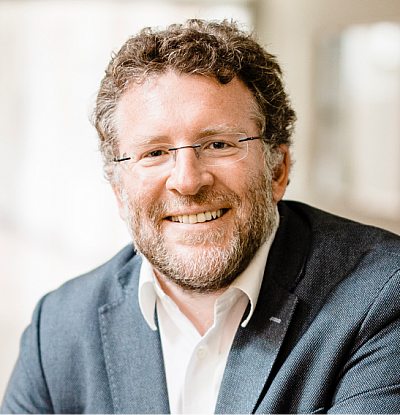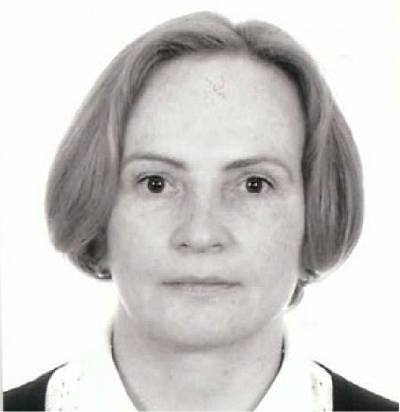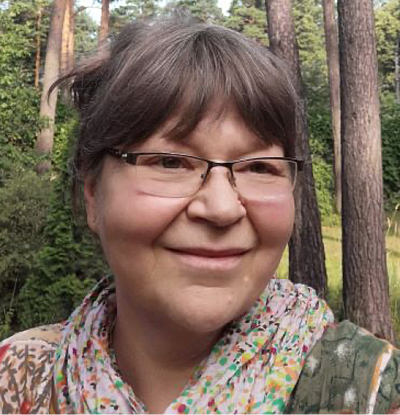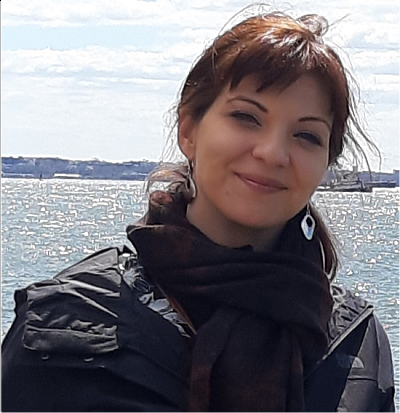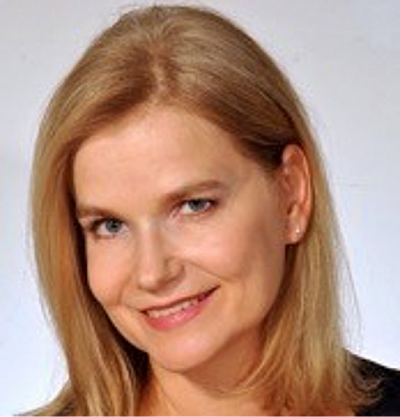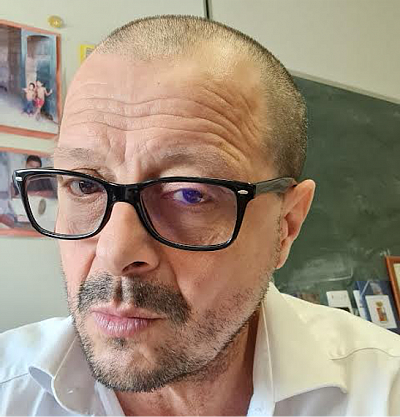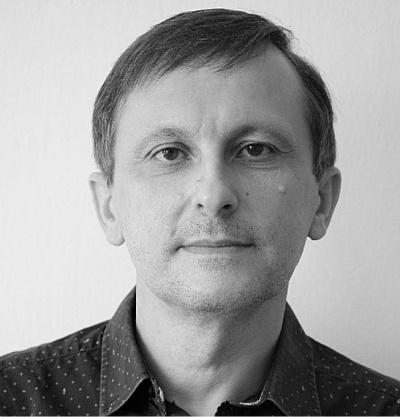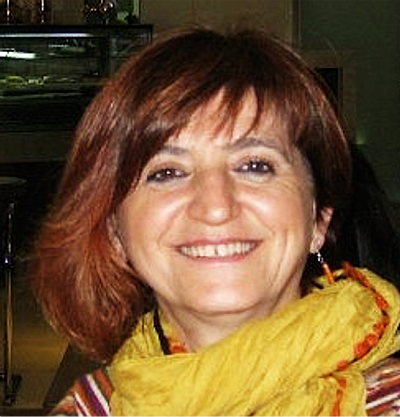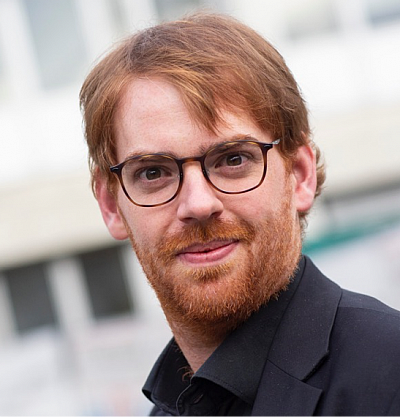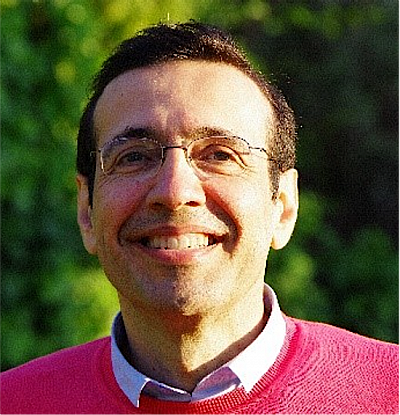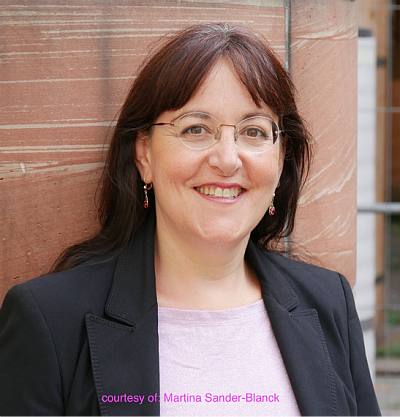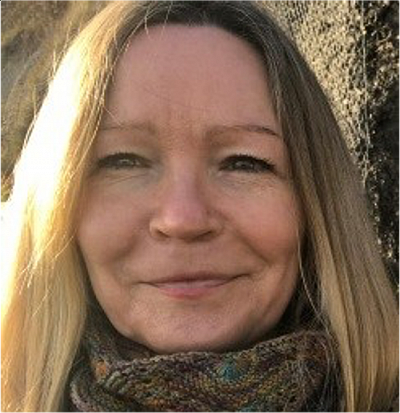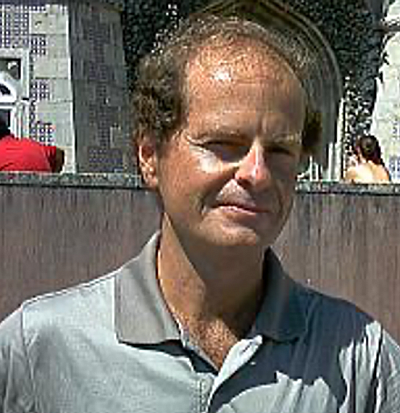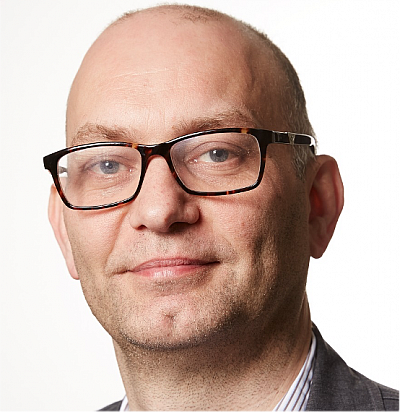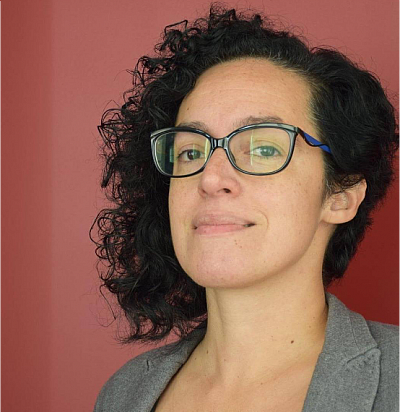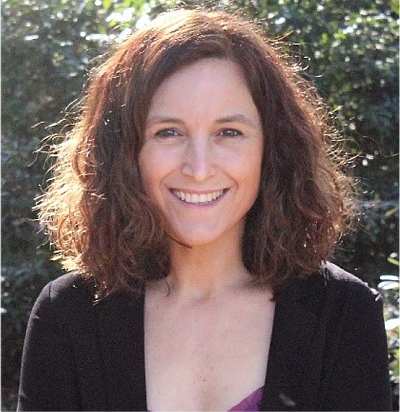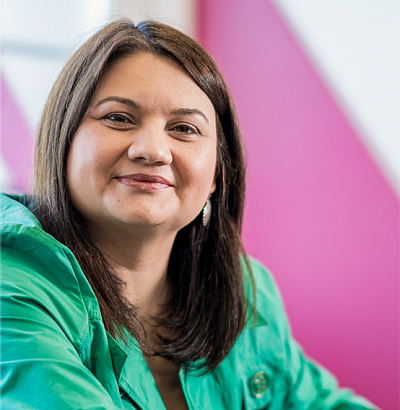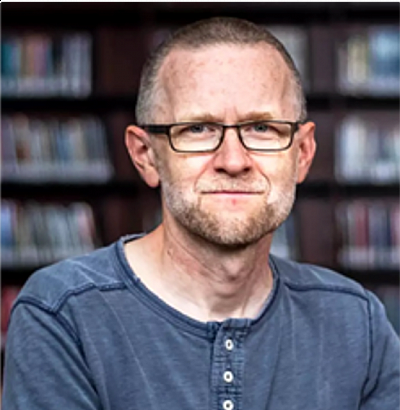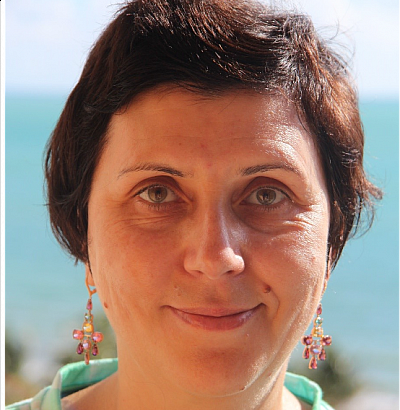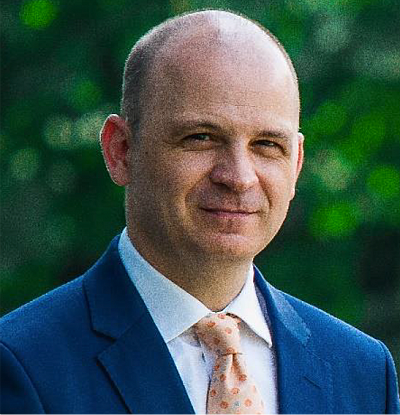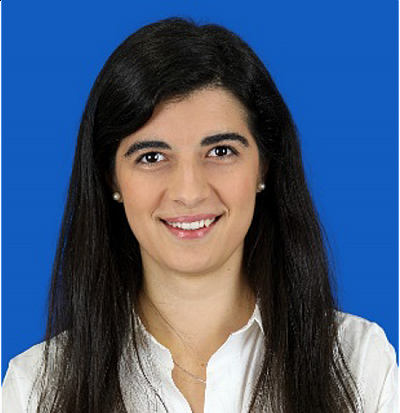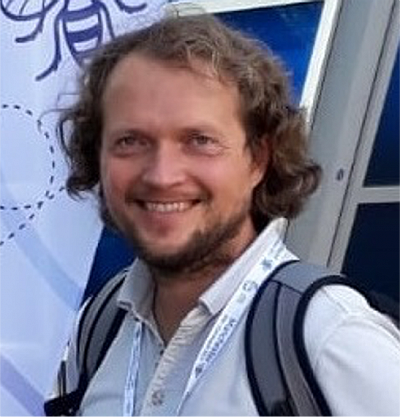Candidates for the ESA Executive Committee
Pertti Alasuutari | University of Tampere, Finland
Pertti Alasuutari, PhD, is Professor of Sociology at Tampere University, Faculty of Social Sciences. His research interests include global and transnational phenomena, media, social theory, and social research methodology. His monographs include Epistemic Governance (with Ali Qadir, Routledge 2019), The Synchronization of National Policies (Routledge 2016), Social Theory and Human Reality (Sage 2004), Rethinking the Media Audience (Sage 1999), An Invitation to Social Research (Sage 1998), and Researching Culture: Qualitative Method and Cultural Studies (Sage 1995). He has a total of 193 scientific publications, including 99 peer-reviewed articles and 10 books in English.
Wolfgang Aschauer | University of Salzburg, Germany
I am currently Associate Professor at the Department of Political Science and Sociology at the University of Salzburg. In 2015 I received my habilitation in sociology completing an extensive monograph on "The Societal Malaise of EU-citizens”. I conducted a lot of studies on ethnocentrism, social inclusion and research on values and quality of life with a main focus on contemporary social challenges in European society (such as aspects of redistribution or cultural diversity). Due to my main expertise in survey research and quantitative methods I have been mainly involved in the activities of RN 21 ”Quantitative Methods” being the coordinator from 2015 to 2019 and still contributing as scientific program advisor to all conference events. I also received a Fulbright Botstiber award for a stay at Harvard University in spring 2020. Here I was active in the cluster ”Comparative Inequality and Inclusion” led by Michele Lamont. My mission of practicing sociology follows three aims: Addressing the most pressing issues of contemporary societal developments, learning from interdisciplinary approaches and promoting theory-guided research with an open view towards the broad variety of methods in the social sciences.
Vida Česnuitytė | Mykolas Romeris University, Lithuania
Vida Česnuitytė is PhD in Sociology, an Associated Professor at Mykolas Romeris University (Vilnius, Lithuania). Her research fields include family sociology (conceptualization, family practices), life quality, social policy, and methods of social research. Over 15 years, participates in the research projects, which results announce in the scientific publications. Recent publications include edited books The Palgrave Handbook of Family Sociology in Europe (eds. A.-M. Castrén et al.; Palgrave Macmillan, 2021), and Families in Economically Hard Times: Experiences and Coping Strategies in Europe (eds. V. Česnuitytė, and G. Meil; Emerald Publishing, 2019). She gave over thirty presentations at national and international scientific conferences in Canada, Finland, Greece, Italy, Japan, Poland, Portugal, Spain, Switzerland, the United Kingdom, etc. Since 2011, she is member of the Executive Board of the RN Sociology of Families and Intimate Lives of the European Sociological Association (ESA RN13), and since 2017, she serves as co-coordinator of the same Research Network
Elena Danilova | FCTAS Russian Academy of Sciences, Russia
Elena Danilova currently is a head of research center in the Institute of Sociology, FCTAS Russian Academy of Sciences. Her academic experience involves research projects, including international ones, specifically comparative studies on cultural and institutional dimensions of social transformations in post-communist societies. Research interests focus on social identities and individualization under precarious conditions, changing discourses of transformation, and currently – on critical sociology. She published edited books, more than 60 academic articles in Russian and international sociological journals. Member of editorial boards of several professional journals. Regular teaching experience: course on contemporary sociology (within joint program NRU-HSE and London University). Member of Russian society of sociologists. She has extensive records of participation in the ESA activities: member of Executive Committee (2009-2011, 2017-2019), Vice-president (2011-2013), member of Advisory board (2019-2021). Initiated and organized ESA Research network N36 “Sociology of transformations: East and West”.
Loukia – Maria Fratsea | Harokopio University, Greece
Loukia – Maria Fratsea is a researcher at the Department of Geography, Harokopio University (Athens, Greece). She has studied agricultural economics and rural development and has specialised in migrant social and spatial mobilities across urban and rural areas. She seeks to combine social and geographical analysis in the study of migrants and migration movements. She has participated in numerous national and international research projects on migrant integration in local labour markets, rural development, refugees and integration policies, socio-spatial mobility of migrants, and migration policies and has published in Greek and international scientific journals and edited volumes. Apart from Greek, she speaks fluently English, French and Romanian. She has been a member of the European Sociological Association from 2017 and she is a member of two RNs: RN27: Southern European Societies and RN35: Sociology of Migration. Her research interests include rural transformation, migration and social change and social stratification and mobility.
Kaja Gadowska | Jagiellonian University, Poland
Professor of Sociology and Director of the Institute of Sociology at the Jagiellonian University, Krakow. Vice-President and Chair of the Policy Committee of the ESA 2019–2021 and member of the Board of the Polish Sociological Association 2018–2021 and 2021–2024. Her research interests concentrate on dysfunctions of the public sphere and the relations between the politics, economy and administration in post-communist countries. Leader and principal investigator in many research projects. Author and co-author of a number of books and journal articles on social, political and economic transformation. Recipient of prestigious prizes and awards, including the Ossowski first prize by the Polish Sociological Association for the best book in sociology and the Szaniawski first prize for the best doctoral dissertation in the social sciences and humanities. Visiting professor within Erasmus+ and bilateral exchange programmes at Tel Aviv University, Heidelberg University, Charles University in Prague, Tamkang University, University of Jordan.
Ercole Giap Parini | University of Calabria, Italy
Ercole Giap Parini is full professor of General Sociology in the Department of Political and Social Sciences of the University of Calabria, of which he is currently the Dean.
His research interests deal with the relationship between sociology and literature, with particular attention to the intertwining of the latter with sociological work.
His other fields of research are the history of sociology, with particular attention to the definition of concepts in the contexts in which they took shape, and the transformation of scientific knowledge production practices, with particular attention to the communication of science and its transformations in contemporary world.
In the past he has dealt with organized crime, focusing on transnational activities, on gender relations in Mafia families and on the forms of criminal social control in the South of Italy.
Among his publications, the Routledge Handbook of Contemporary Italy (Routledge, 2015), edited with Andrea Mammone and Giuseppe Veltri.
Petr Jehlička | Czech Academy of Sciences, Czech Republic
After two decades at the Department of Geography of the Open University, UK, Petr returned to his native Czechia in 2020 to assume Senior Researcher posts at the Institute of Ethnology and at the Institute of Sociology of the Czech Academy of Sciences in Prague. He holds PhD in Social and Political Sciences from Cambridge University, UK. His research is located in agri-food and environmental studies and revolves around everyday environmentalism and sustainable food consumption at the intersection of formal and informal food economies. More recently he has explored these topics in relation to inequalities in the geography of knowledge production. His work was published in Sociologia Ruralis, Czech Sociological Review, Geoforum, Progress in Human Geography, Journal of Rural Studies, Transactions of the Institute of British Geographers, Local Environment and Political Geography, among others. Petr delivered invited talks at ESA events including the semiplenary address at the 2015 12th ESA conference in Prague and a keynote address at the 2018 ESA RN36 midterm conference in Nova Gorica, Slovenia.
Nilay Çabuk Kaya | University of Ankara, Turkey
She is professor of sociology at the University of Ankara, Turkey. She currently serves as vice-president of Turkish Sociological Association (TSA). She was in the Executive committee of ESA ( 2015-2019) and is a member of ESA RN33 Women's and Gender Studies, RN30 Youth and Generation, RN12 Environment and Society, and Regional Representative of the Middle East and West Asia in the ISA RC32 ‘Women in Society’.
She has been professionally a very active sociologist; She is an elected EC Board Member of Turkish Sociological Association 2004 and Vice President since 2013. Her academic community services extend internationally, she is a member of ESA since 1995, member of ISA since 2006
Her research focuses on the issues of sociology of gender, sociology of youth, rural sociology, sociology of education, immigration and refugees. She has published in English and in Turkish in national and international academic journals. Her work has been funded by national (TUBİTAK) and international bodies including 6th Framework program of EU.
Sebastian Kurtenbach | Münster University of Applied Science, Germany
Sebastian Kurtenbach, born 1987, is professor for social policy at the University of Applied Science Münster (Germany). He studied Social Work (B.A.) at the University of Applied Science Düsseldorf, Social Science (M.A.) at the Ruhr-University Bochum and holds his PhD from the University of Cologne and is a lecturer (Privatdozent) at the Ruhr-University Bochum. From 2016 to 2018, he was a post-doc researcher at the University of Bielefeld. In 2016, he was as a visiting scholar at the Wayne State University Detroit (USA) and in 2019 at the Quaid-i-Azam University, Islamabad (Pakistan). From 2015 to 2019, he was a member of the board of the RN 37 – Urban Sociology. His research is on urban, migration and conflict studies. Also, he organizes transnational courses for his students, for example a fieldwork in Plovdiv (Bulgaria), and cooperates with several international scholars in Europe and beyond.
Michalis Lianos | University of Rouen – Normandie, France
I was Editor-in-Chief of the ESA journal "European Societies" from 2015 to August 2021. I was previously Lecturer at the University of London (Goldsmiths College) and Director of the “Centre for Empirically Informed Social Theory” (CEIST) at the University of Portsmouth.
My interest in the Executive is linked to my wish to see sociology progress in terms of its public input. In an ideal world, our discipline should have higher public impact than economics but we are far from that level of influence. As Europe, and the globe, struggle between enhancing democracy and embracing various forms of authoritarianism, we must do our best to make our input count in all areas, from political participation and social justice, to (self-)identities and the environment.
Having been the editor of « European Societies » for 6 years, I know that our contribution could be critical and I would like to work towards realising that goal.
Marilena Macaluso | University of Palermo, Italy
Marilena Macaluso (Ph.D.) is Associate Professor in Political Sociology (Cultures and Societies Department, University of Palermo, Italy). Responsible for Erasmus+ double degree program in Public, Business and Advertising Communication/Mastèr professionnel Négociateur trilingue en commerce international (Université de Tunis El Manar). She is member of national and international research groups. Her research focuses on: political participation and communication, inclusive decision-making; political socialization; migration, second generations; mafia-style organizations and public administration. Unipa responsible of the project OLTRE (Horizon 2020, ISF - CSEP).
She wrote books and articles including: Democrazia e consultazione on line (2007), “Seconde generazioni”, identità e partecipazione politica (with M. Siino, G. Tumminelli 2020), L'Impresa mafiosa? Colletti bianchi e crimini di potere (with A. Dino 2016), Socializzazione politica e potere quotidiano (with G. Tumminelli 2017); “Partiti populisti, diritti e uguaglianza di genere” (SOCIETÀMUTAMENTOPOLITICA 2020), “The Five-star Movement inside the institutions in Sicily” (with F. Montemagno, CONTEMPORARY ITALIAN POLITICS 2019).
Gerben Moerman | University of Amsterdam, The Netherlands
Gerben Moerman is Director of the BSc and MSc programmes in Sociology at the University of Amsterdam. His research focuses on qualitative methods – including interview dynamics (PhD in 2010) and analytical practices such as participatory interpretation. Gerben has long been active in RN20 “Qualitative Methods”, as vice-chair and chair (2013–2017) and board member (2017-2021). Since February 2021, he has been a member of the ESA Executive board, contributing to the organisation of the Summer School and recent discussions on enhancing democracy and accountability. Gerben has a passion for teaching sociology (University Lecturer of the Year 2011). He believes the ESA can extend its role towards teaching, since the classroom is our primary stage for public sociology. He wants to help sociologists (re-)developing courses by setting up a platform for peer learning and exchange of teaching materials and ideas.
Tiziana Nazio | Turin University, Italy
Tiziana Nazio is associate professor at Turin University and Fellow of Collegio Carlo Alberto (Italy), after being Marie Curie Fellow at the WZB Social Science Centre (Germany). She served as Chair of the Local Organising Committee for ESA 11th conference (Turin) and Chair of the Conference Committee for ESA 12th conference (Prague). Was member of ESA Executive Committee for the terms 2013-2015 and 2019-21, contributing especially to the Publication and Finance Committees and serving ESA through data collection and analyses to support the Office’s work. She completed her PhD in sociology at the University of Bielefeld (Germany); followed at the Centre d'Estudis Demogràfics and the University Pompeu Fabra in Barcelona (Spain), then Oxford University and Nuffield College (UK) and Turin University (Italy) since 2008. She was Associate Board member of Work Employment & Society (2017-2019). Her research focuses on female employment, family formation and intergenerational relations in a comparative perspective.
Maggie O’Neill | University College Cork, Ireland
Head of the Department of Sociology & Criminology at UCC, Ireland. A Fellow of the Academy of Social Sciences, UK. Before joining UCC Prof. O’Neill was Chair in Sociology, Department of Sociology at the University of York, and Professor in Criminology at the University of Durham and Principal of Ustinov College, UK. Her internationally renowned research includes the development of feminist critical theory; innovative biographical, cultural, and participatory research methodologies, and the production of praxis - knowledge which addresses and intervenes in public policy. Author and co-author of over 100 publications, including: O’Neill, M. and Roberts, B. Walking Methods London: Routledge. Seal, L. and O’Neill, M. Imaginative Criminology Bristol: Policy. She has a long history of working with artists and community groups to conduct arts-based research-working together to create change; social justice is at the core of her work. A member of the British, Irish and the European Sociological Associations.
Luigi Pellizzoni, University of Pisa, Italy
Luigi Pellizzoni is full professor at the University of Pisa, where he teaches Sociology of the Environment and Political Ecology. He has previously taught at the Universities of Trieste, IUAV Venice and the International School for Advanced Studies (ISAS). Appointments comprise the board of ISA RC24 (Environment and Society) and of the Territory Sociology Section of the Italian Sociological Association (AIS), and a two-term service in the ESA Executive Committee (2011-2013 and 2013-2015). He has a long experience, also as PI, in national and international projects (e.g. European Commission’s FP IV, V, VI, VII and Interreg programs) and has collaborated with institutions such as WHO and the JRC of the European Commission. He has authored about 140 publications. Works have been published in journals such as Theory Culture & Society, British Journal of Sociology, European Journal of Social Theory, Journal of Classical Sociology, Environmental Politics, Environmental Values, Social Movement Studies. Most recent book is Ontological Politics in a Disposable World: The New Mastery of Nature (Routledge, 2016).
Gary Pollock | Manchester Metropolitan University, UK
Gary Pollock is Professor of Sociology at Manchester Metropolitan University. He has been involved with the ESA since 1995 when, along with Jean-Charles Lagree, he set up RN30. Gary was also the chair of the Local Organising Committee for the 2019 Manchester conference. He is currently leading the Horizon 2020 project “COORDINATE” which is supporting the development of the Growing Up in Digital Europe research infrastructure - a Europe wide accelerated birth cohort survey with a focus on measuring child well-being. Over the past ten years he has undertaken a number of comparative studies of young people in Europe particularly using survey methodology. Recent publications include “Measuring Youth Well-being: how a pan European survey can improve policy” Springer 2018, “Understanding Youth Participation across Europe: From Survey to Ethnography” Palgrave 2017 and “Radical futures? Youth, politics and activism in contemporary Europe” 2015, Sociological Review Monograph Series.
Ana Cristina Santos | University of Coimbra, Portugal
With a background in Sociology and a PhD in Gender Studies, University of Leeds, Ana Cristina Santos is Senior Researcher at the Centre for Social Studies, University of Coimbra (CES-UC). She published extensively and coordinated a number of funded research projects on LGBTQI+, gender, embodiment, citizenship and human rights. After being awarded a Research Grant by the European Research Council to lead INTIMATE - Citizenship, Care and Choice (2014-2019) and acting as Vice-chair of ESA Sexuality RN (2012-2016), she is currently the PI in Portugal of CILIA LGBTQI+ Lives (NORFACE, 2018-2021) and Diversity and Childhood (European Commission, 2019-2021), and Management Committee Member of LGBTIplus-inequalities, a new network of 14 countries funded by COST (2020-2025). She is also Director of the PhD Programme Human Rights in Contemporary Societies and Lecturer in the PhD Programme on Feminist Studies (University of Coimbra). Most recent books: The SAGE Handbook of Global Sexualities (2020) and The Tenacity of the Couple Norm (2020, UCL Press).
Teresa Sordé-Martí | Autonomous University of Barcelona, Spain
Teresa Sordé-Martí is a Professor of Sociology at the Autonomous University of Barcelona, and a research affiliated to the GEDIME- CER-Migracions. She holds two PhDs, from the University of Barcelona and from Harvard University. Her work has been focused on the Roma and migrant groups. Sorde-Marti has participated in five FP/H2020 funded research projects, and is currently the main researcher of the H2020 project REFUGE-ED (2021-23). She has been an appointed member of the European Education and Training Expert Panel (European Commission, DG EAC) and serves as member of the board of the European Toolkit for Schools, part of the School Education Gateway. Her work has been published in journals like Qualitative Inquiry, Ethnicities, Journal of Ethnic and Migration Studies, Journal of Interpersonal Violence, or PLOSONE. She has been involved in ESA through RN31 and RN35, as well as serving as Chair of the LOC for ESA 2021.
Romina Surugiu | University of Bucharest, Romania
Romina Surugiu is Associate Professor of Journalism and Media Studies, and Vice Dean of the Faculty of Journalism and Communication Studies, University of Bucharest. She holds a PhD in Philosophy from the University of Bucharest (2006), and worked as a postdoctoral researcher in Communication Studies at the University of Bucharest (2010-2013), and at the Uppsala University (2012). She has published/coordinated research on journalism practice and specialised journalism, on the dynamics of work and gender in the media, and on the history of the European television. She served as a board member of Romanian Public Television. She was a management committee member of the EU COST Action on the Dynamics of Virtual Work IS 1202 (2012-2016, chair: Professor Ursula Huws).
She joined ESA in 2011, and since then she has been an active member of RN 18 Sociology of Communications and Media Research: member of the RN 18 Board (2011-present), and co-chair of RN18 (2015-2019). Currently, she is member of the Executive Committee of ESA.
Csaba Szaló | Masaryk University, Czech Republic
Csaba Szaló teaches sociology at the Masaryk University, Brno, Czech Republic. He has enduring interest in social theory and cultural sociology. In recent years he has been working on transnational migration, urban memory and European identity politics. His recent work focuses on the existential spatiality of urban rebellions and on phenomenological aesthetics. In the last decade he has been actively involved in the European Sociological Association’s Social Theory Research Network (RN29) and the International Sociological Association’s Sociological Theory Research Committee (RC16). From 2012 to 2018 he was a Chair at the Department of Sociology, Masaryk University, Brno. Recently he is responsible for the Ph.D. Program in the same department.
Irina Tartakovskaia | The Russian Academy of Sciences, Russia
Irina Tartakovskaia is Senior Research Fellow in Federal Center of Theoretical and Applied Sociology of The Russian Academy of Sciences. Studied at Samara State University (undergraduate), then Institute for Cultural Studies (postgraduate). PhD. (Candidate of Sciences) in Sociology. She had fellowships at Warwick University (UK) and Lancaster University (UK). Participated in number of international projects, including ‘The restructuring of management of the industrial enterprises and labor relations in Russia’, ‘Welfare sector at Russia enterprises’, ‘The political parties in a Russian province’, ‘Employment and Restructuring of Labour Market’, ‘Gender Identity and the Collapse of the Soviet System’, ‘Understanding regional patterns of economic change in Russia’, `Gender differences in employment strategy during economic transition in Russia' and others. She participates in the ESA RN 33 Women’s and gender studies and RN14 - Gender Relations in the Labor Market and the Welfare State. In 2019, she was elected in the ESA Executive Committee, and participated in work of the Publications, Communication and Research Networks Committees.
Alberto Veira-Ramos | Carlos III University, Spain
Alberto Veira-Ramos is MS in Sociology from the University of Wisconsin and PhD in Sociology from UNED (Spain). He is professor of sociology at the Carlos III University of Madrid where he teaches Demographic Analysis, Population Theory, and Quantitative Methods in Social Sciences. He published articles in European Sociological Review, Research in Social Stratification and Mobility, Ageing & Society, Sociological Research Online or Revista Internacional de Sociología. Alberto has international research experience at INED of Paris (9 months in 1999/00), at the University of Göttingen (18 months in 2009/10) and at the National Academy of Sciences of Ukraine (6 months in 2018). As member of the RN09 on Economic Sociology, Alberto hosted its 2016 Midterm Conference at the Carlos III University of Madrid.
Ana Vidu | University of Deusto, Spain
Ana Vidu holds a Juan de la Cierva post-doctoral fellowship at the University of Deusto Law School, and has been awarded a Marie Sklodowska-Curie fellowship at UC Berkeley, Sociology Department. Her PhD in Sociology provided pioneering scientific knowledge in Spain on the first official complaint against a professor for sexual harassment at the university. The treatment suffered for breaking the silence led to the creation of the pioneer concept of Isolating Gender Violence. She co-founded the "Solidarity Network of Victims of Gender Violence in Universities" (2013), recognized as Best Practice by the Women's Institute of the Spanish government. She has participated in competitive research projects and has published on gender violence, sexual consent and isolating gender violence, in scientific journals such as Qualitative Inquiry, Frontiers in Psychology, Sexuality Research and Social Policy. She has participated in RN33 since 2011, and later in the RS12 Sociology of Law.
Krešimir Žažar | University of Zagreb, Croatia
Krešimir Žažar, PhD, was born in 1980 in Zagreb (Croatia). Since 2008 he has been employed at the Department of Sociology at the “Faculty of Humanities and Social Sciences” of the “University of Zagreb”, where currently holds the position of assistant professor. His narrow scientific interests are focused on the area of general sociology, epistemology of social sciences and social/sociological theories, social dynamics, as well as of sociology of (regional/local) development. So far, he has co-published 3 books and around 20 articles. He presented the papers at approx. 30 conferences. He was the secretary of “Croatian Sociological Society” (2011-2013). Since 2019 he has become the member of the board of ESA’s RN29 – Social Theory, as well as the member of steering committee of "International Social Theory Consortium". In the 2021 he has become senior research fellow at “Next Society Institute“ of the “Kazimieras Simonavičius University” in Vilnius (Lithuania).

